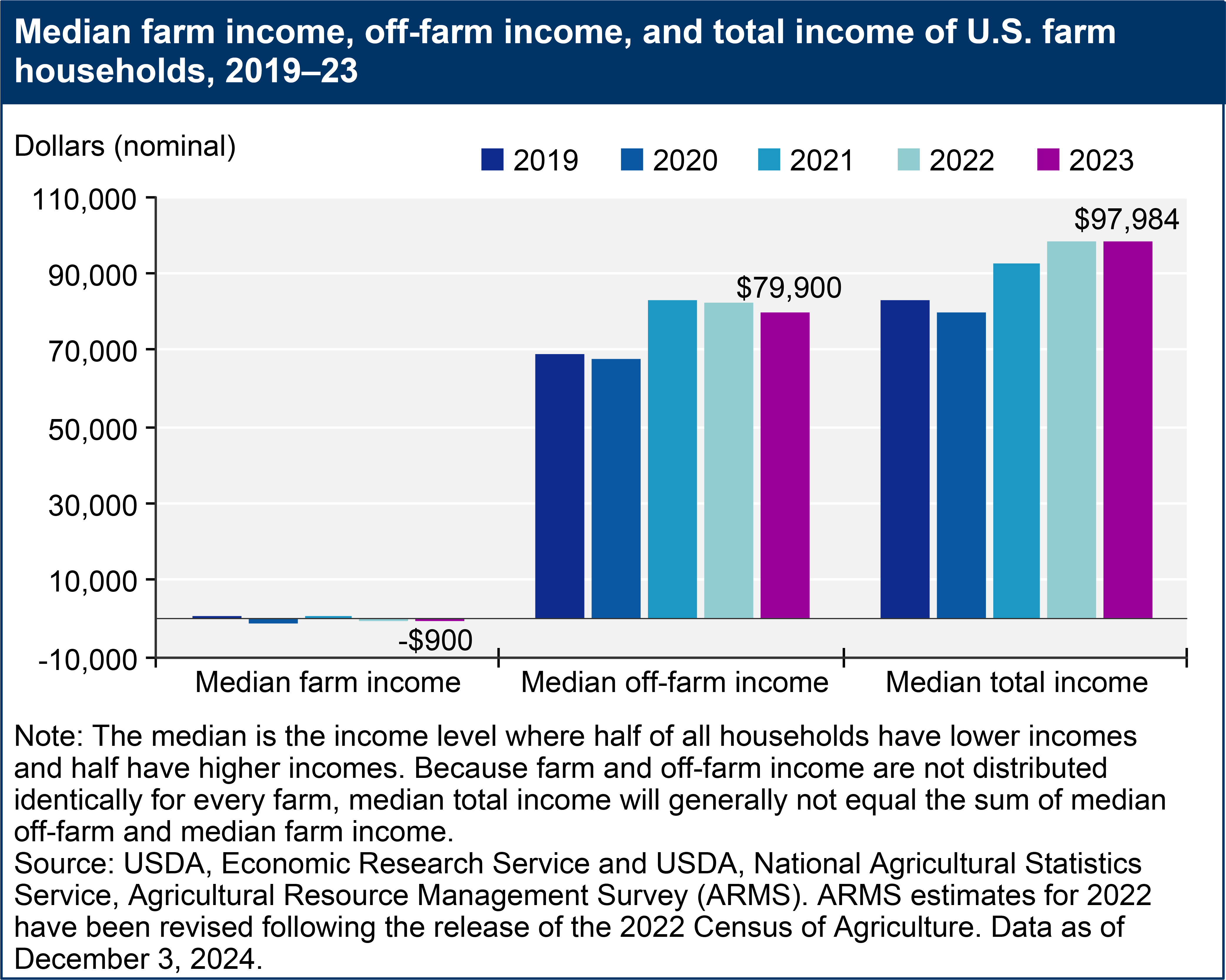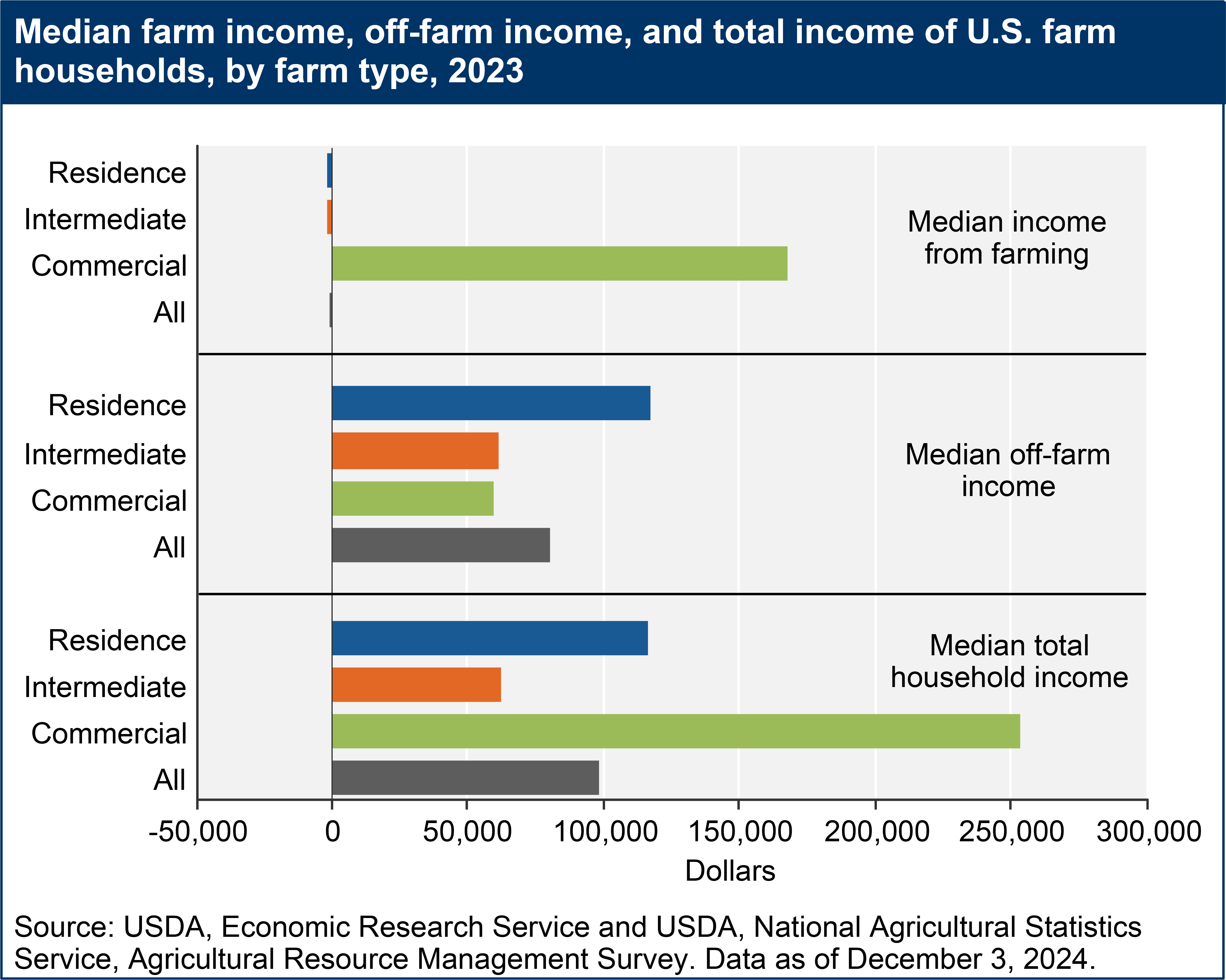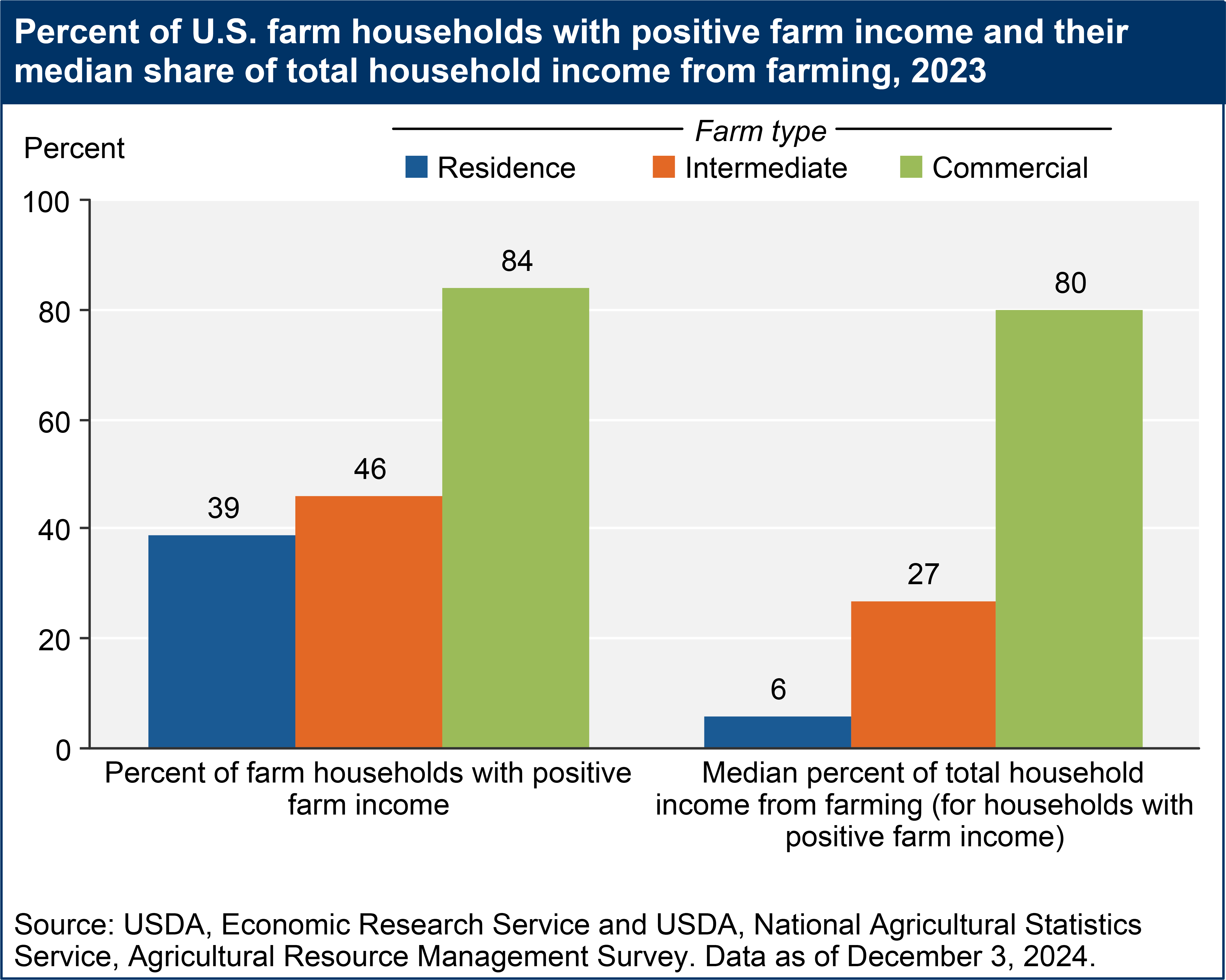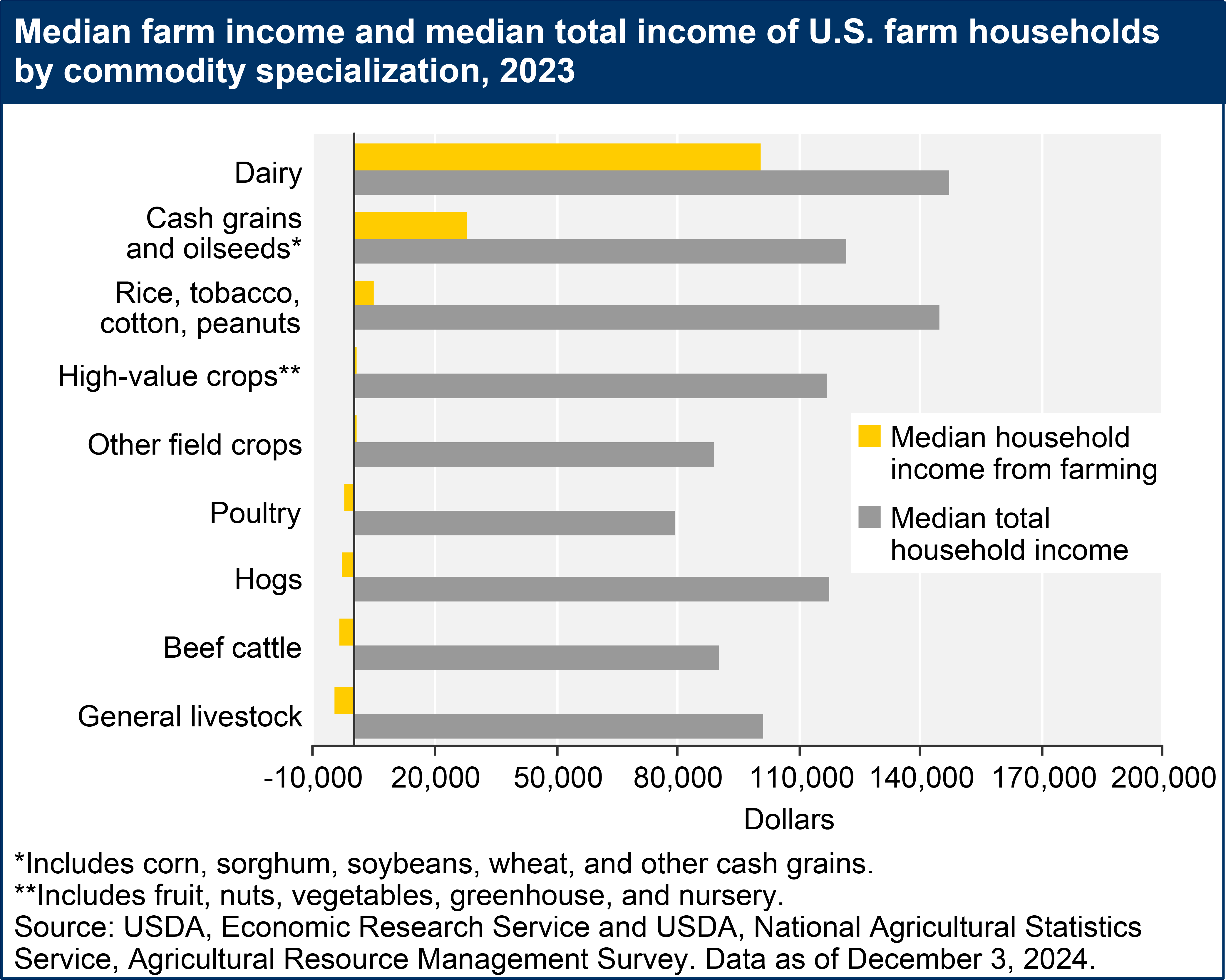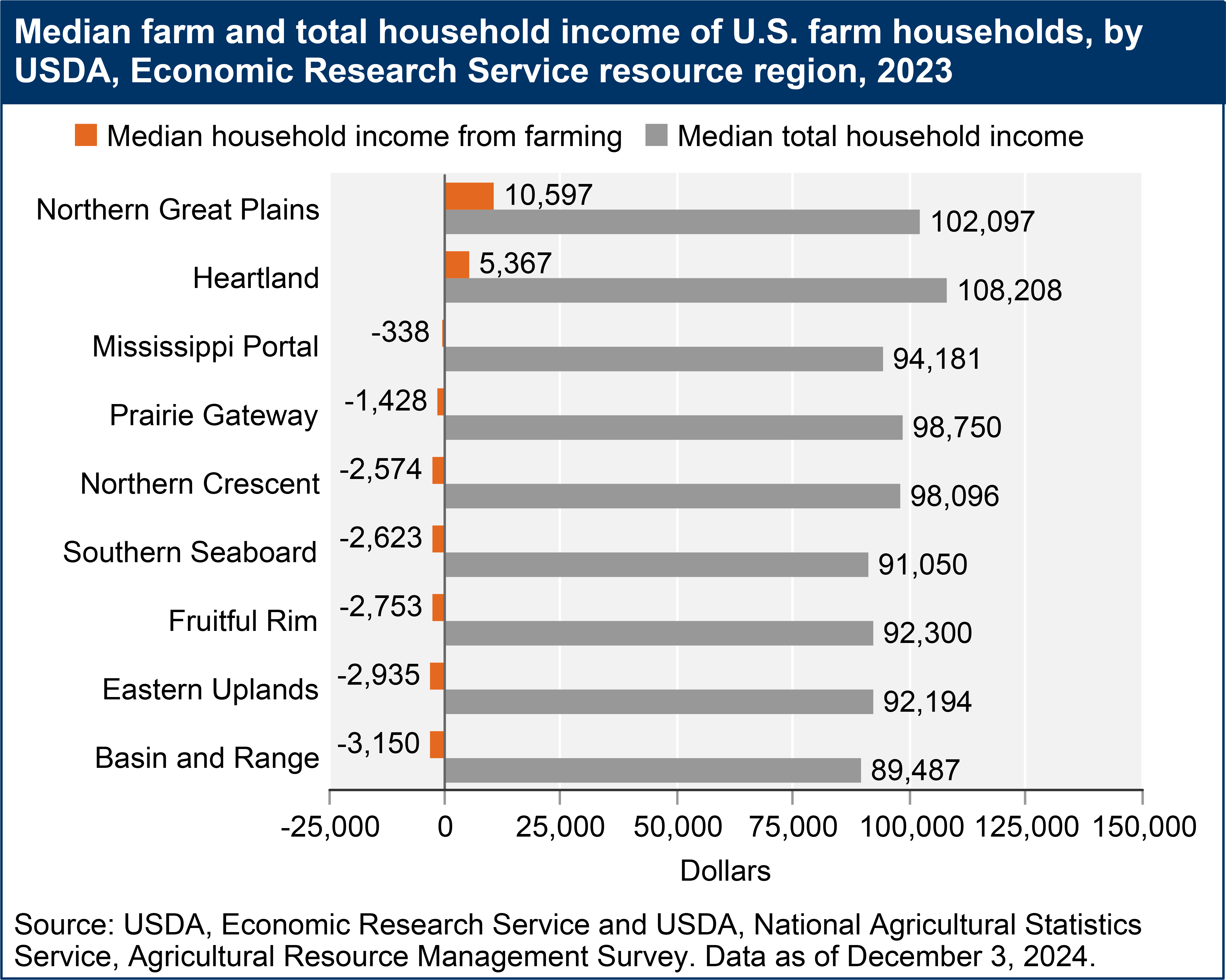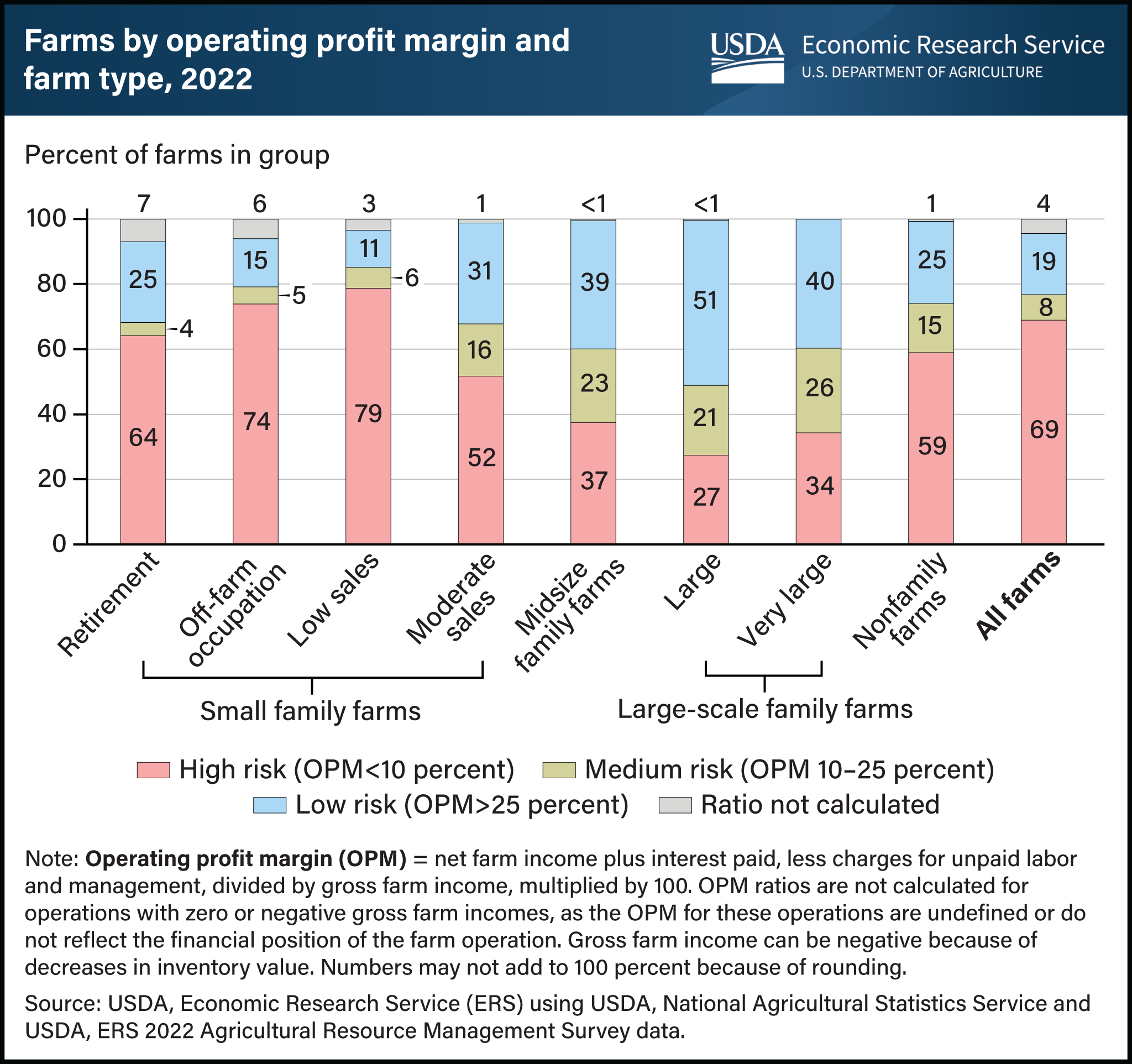Why Won't Farmers Rebel Against Trumponomics? Because They're Rich.
 The majority of family farmers aren’t working-class strivers. They’re affluent, politically connected businessmen who know when their next bailout is coming.
https://newrepublic.com/article/200822/farmers-rebel-trumpnomics-tariffs-economy
https://archive.ph/uCPCW
The majority of family farmers aren’t working-class strivers. They’re affluent, politically connected businessmen who know when their next bailout is coming.
https://newrepublic.com/article/200822/farmers-rebel-trumpnomics-tariffs-economy
https://archive.ph/uCPCW
 Scott Olson/Getty Images
Scott Olson/Getty Images
Fall is here, the harvest is coming in, but President Donald Trump’s
trade war rages on and China
won’t buy American farmers’ soybeans. That’s assuming that big farms can even find the labor to bring in their crops, which has been harder in the wake of
Trump’s immigration raids, especially on the West Coast. In the eastern Arkansas Delta, the rice capital of the United States,
farmers met to pray for government aid the way they might have prayed for rain in years gone by.
In response, Trump’s Agriculture Secretary Brooke Rollins said at a
meeting of state departments of agriculture this month that help was possibly on the way. Farmers may get it: It would hardly be the first time
Trump bailed them out after wrecking their markets. The fact that it was a tough year for farmers was front of mind at this past weekend’s
Farm Aid. Online, pundits and commentators have seemed confused about why
farmers overwhelmingly voted for Trump in the first place, treating it as another example of the
working class voting against their interests. But here’s the thing: Farmers aren’t working class. They’re often quite rich, actually. And they knew exactly what they were voting for.
President Jimmy Carter was the last farming president, which is fitting, because he was elected at the end of
a steep decline in the number of American farms. The Great Depression reshaped the American landscape. It came with a crash in agricultural markets alongside the Dust Bowl—an ecological disaster that doomed many family farms. There were 6.8 million farms in the country in 1935, and fewer than a third were left by the end of the 1970s. The decline slowed after that, but fewer than two million farms remained in 2024. At the same time, the number of agriculturally dependent rural counties in the U.S. has also
declined.
Most of the story of U.S. farming since then has been the rise of
big agribusiness. But what about the family farms that remain?
They are bigger. and the farmers who own them are wealthier. Families with commercial farms—that is to say those who make above $350,000 a year and who may actually earn enough through operating their dairies, wineries, or growing what they grow to support their families—had a median wealth of $3.6 million in 2023,
according to the USDA.
snip


